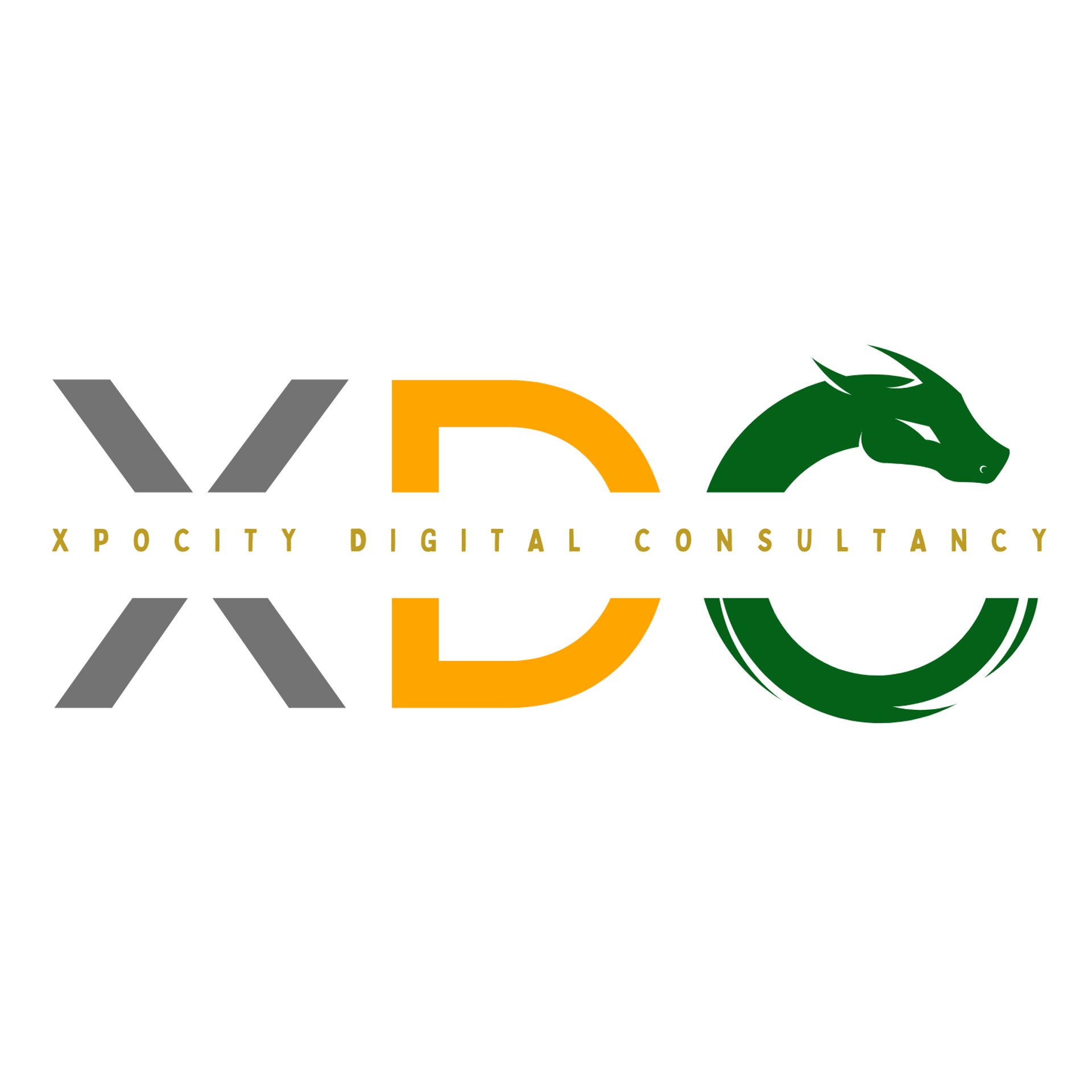Navigating the Privacy Maze: Understanding the Significance of Ethical Digital Marketing in 2025
This blog post, "Navigating the Privacy Maze: Understanding the Significance of Ethical Digital Marketing in 2025," explores the critical challenges and opportunities for digital marketers in an increasingly privacy-conscious and AI-driven digital landscape. It highlights the complexities introduced by data privacy breaches, algorithmic bias, misinformation, and deepfakes, emphasizing the urgent need for a shift towards ethical digital marketing practices.
JG Lijauco
7/3/20254 min read


The digital landscape of 2025 is a fascinating yet complex network of interconnected pathways of innovation, connection, and, increasingly, privacy concerns designed to confuse and challenge those attempting to navigate it. This presents a unique challenge for digital marketers like ourselves: how do we effectively reach audiences and build meaningful relationships in a world where data protection and ethical considerations are paramount, especially with AI in place? Data privacy breaches, algorithmic bias, erosion of autonomy, misinformation, and deepfakes are among the complex issues most digital marketers encounter in the age of AI. It is challenging these days to tune in to the media and absorb all information as genuine and unfiltered. The current landscape calls for a significant shift toward ethical digital marketing practices. Navigating the 'privacy maze' doesn't just demand compliance; the shift should be inspired by the need for user privacy and data ethics, which will drive us forward in the digital landscape of 2025.
Understanding the Terrain of Ethical Digital Marketing in 2025
To steer this, digital marketers must dock their strategies on methods that follow ethical principles:
Data minimization is crucial. Only collect the data that you need for a specific purpose. Avoid gathering vast information because the "just in case" belief would not always work in this regard. Reviewing data collection practices and discarding data that is no longer necessary should be done regularly. Take a survey project as an example - only ask for information directly relevant to the project and its delivery of participation. Also, remember to use clear, simple, and straightforward language when requesting information.
Transparency is not just a buzzword; it's a 'non-negotiable' aspect of ethical digital marketing. We need to be totally upfront about the data we collect, why we're collecting it, and how it'll be put to use. By explaining things clearly and making our privacy policies easily accessible and understandable, we keep our audience informed and secure.
Security and accountability are preponderant. Security and accountability are the name of the game, plain and simple. We must take strong security measures to enhance data protection and prevent breaches or unauthorized access. For digital marketers, earning customer trust is all about responsible data handling. They achieve this by establishing clear privacy rules and then solidifying them with measures such as encryption and regular system updates.
Value Exchange should be initiated. We need to initiate a value exchange – people are more likely to share their data when they can see a clear benefit for themselves. Think about it: give them great content, make experiences feel personal, or offer exclusive deals, and they'll be far more willing to share information and trust you. Plus, that lets us serve them up even better with more spot-on recommendations that truly make their experience sing.
Respecting user rights isn't just a legal requirement. It is fundamental to building a good user experience. We need to make it simple for users to view, update, or get rid of their data whenever they want. By providing crystal-clear instructions for these actions, we enable them to confidently manage their data, ensuring they feel respected and truly in control.
Granular control over preference, period. That means no sneaky pre-checked boxes or confusing opt-ins. It's our absolute right and duty to get explicit, informed consent from users before gathering or working with their data. Doing so allows them to hand-pick specific marketing communications, which goes a long way in building trust and enhancing engagement because everything's transparent and easy to use.
Moving Beyond Compliance: Building Trust and Loyalty, Not Just Checking Boxes
Digital marketers in 2025 have a massive opportunity to build absolute trust and foster lasting relationships with their audience. And if you are a digital marketer reading this blog post, you're central to that. Prioritizing privacy and showing genuine respect demonstrates that your brand prioritizes its audience's rights and interests, a strategy that fosters brand loyalty, encourages positive word-of-mouth, and drives sustainable business growth. To put this into ethical practice, it is essential to train your Communications, PR, and Marketing teams on best practices to ensure responsible data collection and handling. Invest in privacy-preserving technologies that minimize data collection and enhance user privacy through anonymization and privacy-focused analytics. Be proactive in communicating clear and transparent privacy habits and any changes with your audience. Finally, continuously adapt to the constantly shifting privacy landscape; staying current with regulations and best practices lets you refine strategies, meet requirements, and build lasting user trust.
Building an Ethical Digital Marketing Future
We're far past the 90s when people consumed information passively from the web. Fast forward to 2025, the audience actively engages, shares data, and expects transparency and respect for their privacy in return, which makes digital marketing extend beyond crunching numbers and analytics. Digital marketers like us will not be powerless even with the escalating privacy concerns on the web as long as we can handle data responsibly, promote transparency, and genuinely respect user rights. Taking the ethical road involves data-driven strategies and decisions, a combination that leads to responsible and impactful marketing practices for both businesses and consumers. Ensuring that it serves the greater good requires participation from various entities because it's not just the job of digital marketers. You, as a blog post reader, can take part in a collective responsibility to make wanderers in a constructed digital maze find a way from a starting point to a designated goal.

